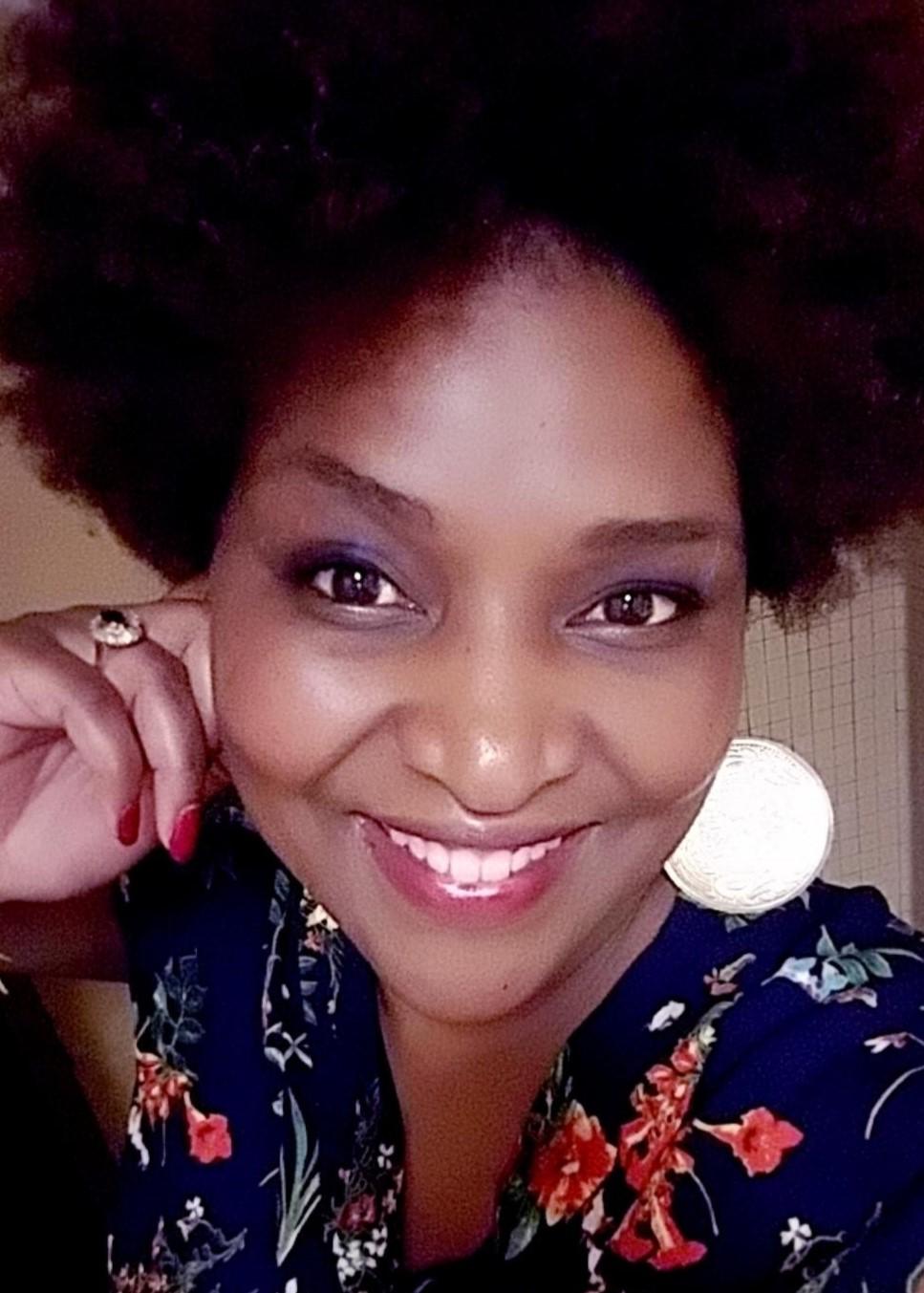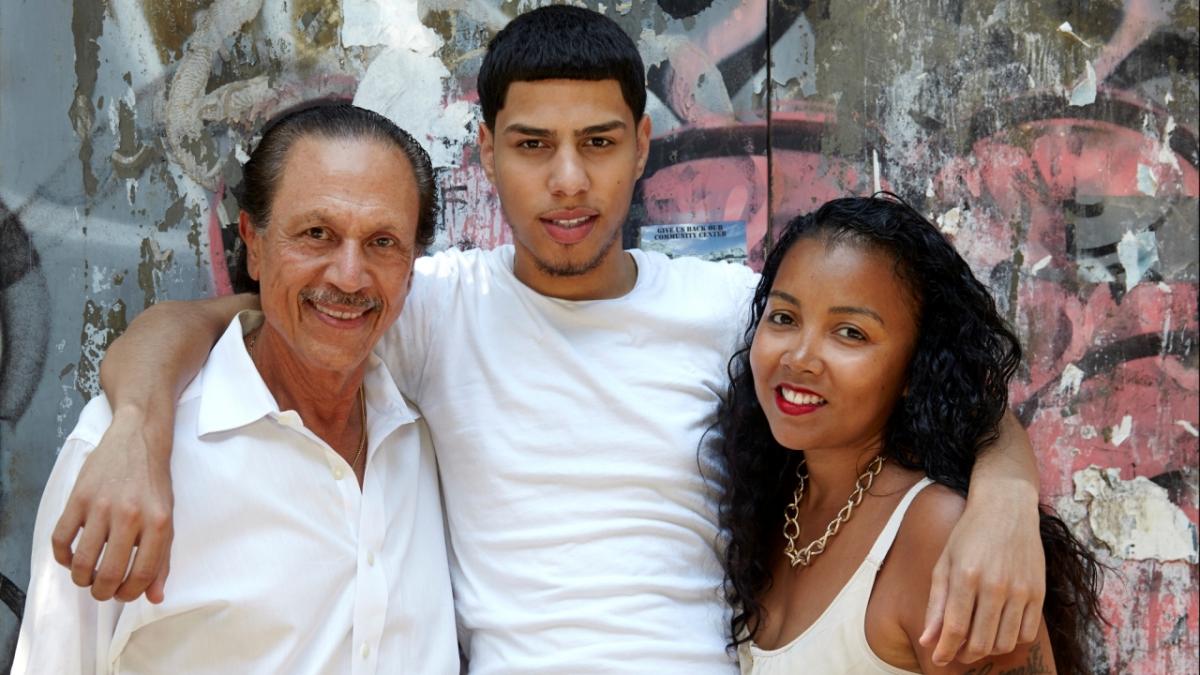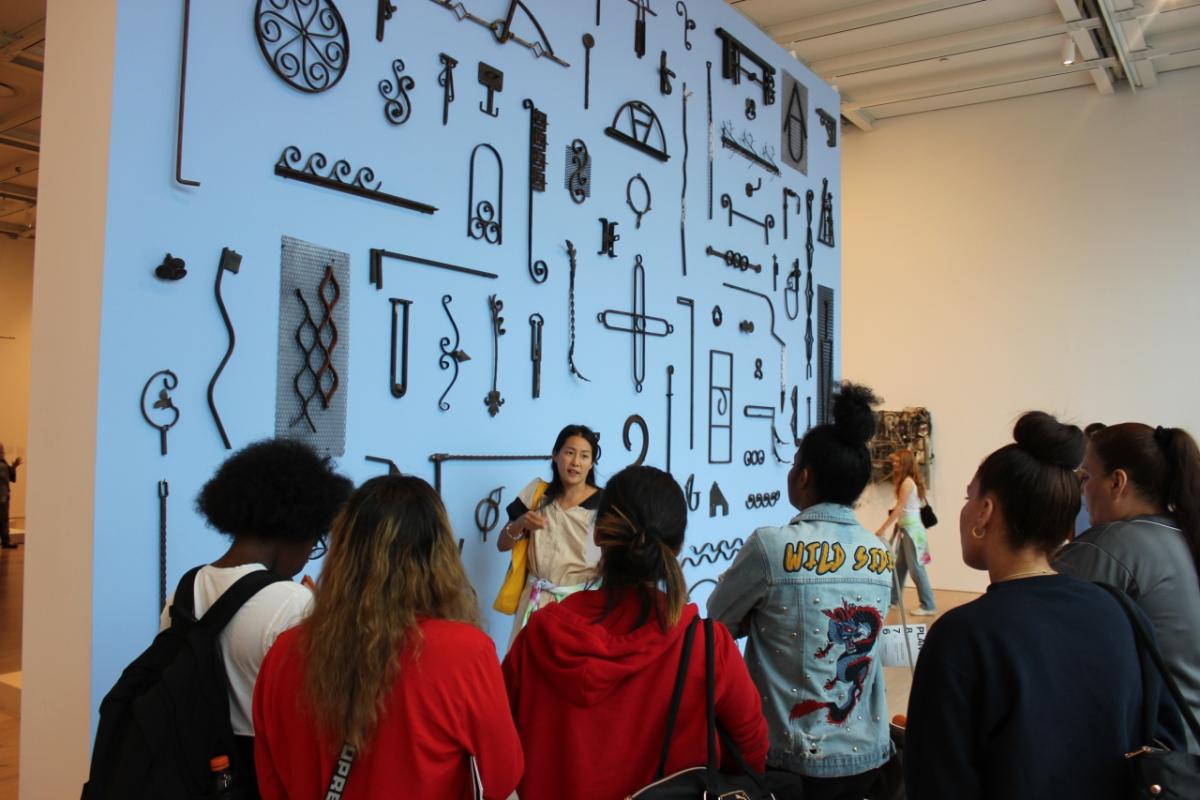Black Leadership Spotlight: Elizabeth Frederick, Avenues for Justice
In celebration of Black History Month, Common Impact is spotlighting remarkable Black nonprofit leaders and their many contributions to creating more positive, healthy, and equitable communities.
Today we hear from Elizabeth Frederick, Chief Operating Officer at Avenues for Justice (AFJ), a New York City-based nonprofit dedicated to keeping youth out of prison. AFJ’s supervised program provides court advocacy, tutoring, and mentorship, and gets participants the drug, alcohol, and mental health treatment and job training they need to succeed. AFJ serves over 600 youths per year and more than 90% of its graduates never commit another crime. (Learn more about AFJ and its graduates’ success stories.)
Last fall, AFJ participated in Skills for Cities, Common Impact’s annual cross-sector, cross-company day of skills-based volunteering with nonprofits addressing urgent issues in their communities, like COVID-19 and racial injustice. We partnered AFJ with a team of six technologists from John Hancofck, Blue Cross Blue Shield, and BNY Mellon to collaborate on a strategy to improve their donors’ and funders’ website user experience. AFJ’s site had been experiencing increased traffic due to the pandemic, so it was an ideal time to conduct a digital content review and make it easier for supporters to take action.
Tell us about your role as COO of Avenues for Justice. How have you led during the pandemic?
After being with Avenues for Justice for fourteen years, I was promoted to the Chief Operating Officer role on January 1, 2020 and was excited to implement an expansion. Unfortunately, the entire world was impacted by the COVID-19 pandemic soon after and New York City implemented a quarantine on March 13th. At AFJ, we had to instantly close our community centers in Harlem and the Lower East Side, as well as our courthouse office. In a matter of days, we moved everything online, including doing participant intakes virtually. We also purchased and delivered laptops to nearly 100 participants’ homes. Many needed support learning to work digitally and their families were facing financial crises from losing their jobs.
To address our participants’ needs, I led an amazing team as we launched new, comprehensive online programs, including workshops, mentoring, and job certification programs in fields like digital literacy and construction safety to prepare participants for employment post-COVID. Additionally, our team launched HIRE UP, an online program that partners with companies to support our participants through mentorship, internships, and eventually permanent employment. On top of the virtual component, many participants experienced added instabilities at home. We provided groceries, supplies, and (in some cases) payments of rent and utilities.
To ensure our capacity to retain our staff and provide consistent support to youth, I led our Development Team in revamping our messaging and visibility in late March 2020, which increased press mentions, traffic to our blog, and donations from individuals, corporations, and foundations.
By the end of summer 2020, we fulfilled our original vision of expanding our program, just not in the way we had originally planned. We even served more youth in 2020 than in 2019 and, by working on an online platform, we were able to reach more participants in the outer boroughs than ever before. We plan to continue programs online as well as onsite at our centers.
In short, Avenues for Justice has been able to respond to the crisis with strategies that strengthen our programs and services due to the efforts of an extremely dedicated team and a very supportive Board of Directors.
At the heart of Common Impact’s work is a focus on alleviating inequality. How does Avenues for Justice alleviate inequality?
Avenues for Justice is rooted in alleviating inequality. We were one of the first ATI [alternative to incarceration] programs for youth in the country, founded in the 1970s by residents of the Lower East Side when the neighborhood was primarily Latinx and undergoing enormous stress from poverty. AFJ breaks the wasteful cycle of unproductive and repeated incarceration by foregoing it entirely and replacing it with true rehabilitation and second chances for youth and young adults by providing: court advocacy and supervision, preventive services, mentorship, educational and academic support, job training, and employment opportunities.
We work directly with young people to help them understand, accept responsibility for, gain control of, and direct their own lives in a positive, law-abiding manner. Our program serves youth where they need help the most: the streets where they live and the courts in which their futures are determined.
The Mayor’s 2020 Management Report states that 1,442 youths under age 16 were admitted to detention at a cost of $2,064 per day per youth. Since each youth spent an average of 29 days in detention, New York City spent over $86M on juvenile detention in FY 2020. In comparison, it costs AFJ just $5,500 to provide life-changsing, 24/7 support to each of our youth.
Our most recent evaluation data indicate that within three years of enrollment, only 5% of our participants were reconvicted within New York State. By comparison, according to the New York Department of Corrections, over 58% of youth released from detention between the ages of 16 and 18 were re-admitted to detention within just three years.
It’s not difficult to see why many of the youth in Avenues for Justice’s two primary service neighborhoods get into legal trouble so young. In East Harlem, 72% of infants are born into poverty with 42% of children below age 18 living below poverty level. The adult unemployment rate in Harlem is 58% higher than that of Manhattan overall. In 2020, 60% of the population relied on some type of public assistance. On the Lower East Side, 36% of the population under 18 live below poverty level and in 2020, 49% of the population relied on some type of public assistance.
What have been some of your major successes and challenges over the past year?
I’ve mentioned most of the challenges we faced as we worked to continue all programs during a citywide and statewide quarantine mandate, but I’ll add that as a community-based organization, a few funders expressed doubt in our ability to survive after the pandemic. As a result, we increased our social media presence and began to create corporate partnerships.
I worked with our board to ensure their commitment to the organization and in the fall, they supported us in running a fundraising campaign focused on AFJ’s unique ability to meet the current moment. In four weeks, we raised more than $200,000 in flexible funding that we were able to use to serve our participants. In spite of the economic downturn, and through consistent outreach and communication to our community of supporters, we reached the end of the fiscal year with a healthy surplus – and over 50% of our foundation and corporate funding was from new donors.
We also experienced a significant increase in individual donations. The deaths of George Floyd, Breonna Taylor, and Ahmaud Arbery renewed focus on criminal justice reform and people wanted to become more active and make a meaningful impact, including donating to AFJ.
Despite the incredible work that Black nonprofit leaders like you do every day, we know that BIPOC-led and serving organizations receive disproportionately less support in the form of donations, grants, and corporate partnerships. How can businesses and philanthropy step up to change the status quo here?
I so appreciate this question. Avenues for Justice has had BIPOC leadership continuously for over 40 years. Once again, we recently saw seven-figure grants awarded to ally groups – not BIPOC-led – that do similar work, but less flexibly and sometimes with lower success rates than Avenues for Justice. And we see large grants going to groups with large budgets. We, too, would have a large budget if this funding were available to BIPOC-led community groups.
Businesses and philanthropies have a duty to their community to support established local organizations that have been leading the work. They can accomplish this by making a concerted effort to broaden their network to organizations other than those they have typically funded. They can reach out to other organizations including civil rights and faith-based groups to learn more about local leaders who have proven track records of impactful work. Additionally, the philanthropy community can offer more flexible support to help BIPOC-led organizations build their internal capacity, funding areas like operations and infrastructure that are often under-supported. Finally, philanthropies can offer support by listening to insight from BIPOC-led organizations. By listening, they will gain valuable insight and perspective into the practices that work and the emerging needs in those communities.
Who is one of your favorite Black leaders or changemakers?
Stacey Abrams is the most underrated hero, a champion of democracy, the face of resilience, and the defender of voter rights in the most critical U.S. election in history. In her own words: "My being a Black woman is not a deficit – it is a strength. Because I could not be where I am had I not overcome so many other barriers. Which means you know I'm relentless, you know I'm persistent, and you know I'm smart."
What brings levity to your day or work?
What lightens my days are the calls from our founder, Angel Rodriguez, and our court advocates telling me about a participant who has been accepted to three colleges or a participant who had a 50% attendance rate but now is an A student. We recently learned about a participant who was able to get employment while in our program and who used their bonus to get an apartment. The real-life stories of how our participants – given a second chance, along with tough love from our court advocates and the necessary supportive services – can change one bad decision into a positive trajectory, that’s what brings levity to my day.




